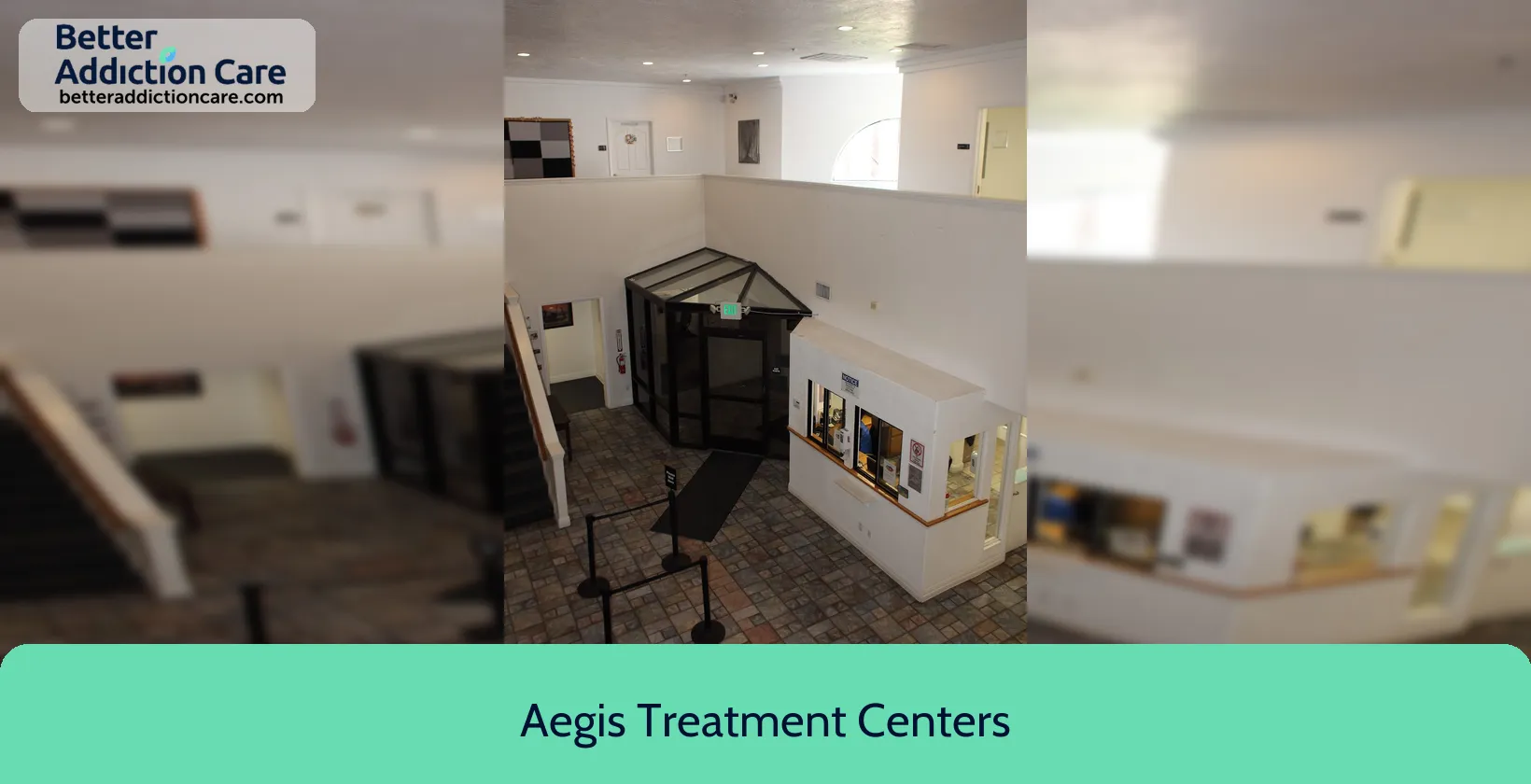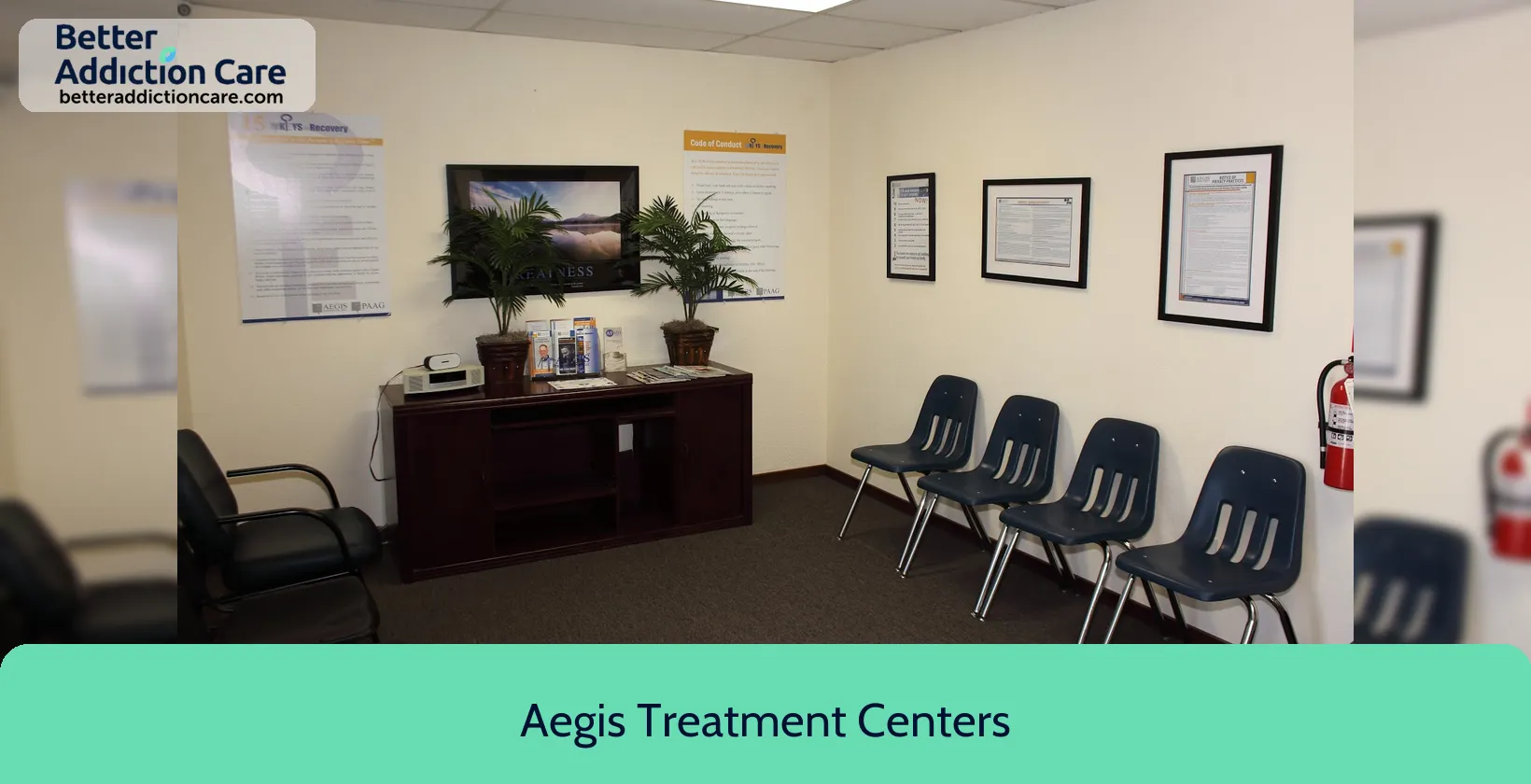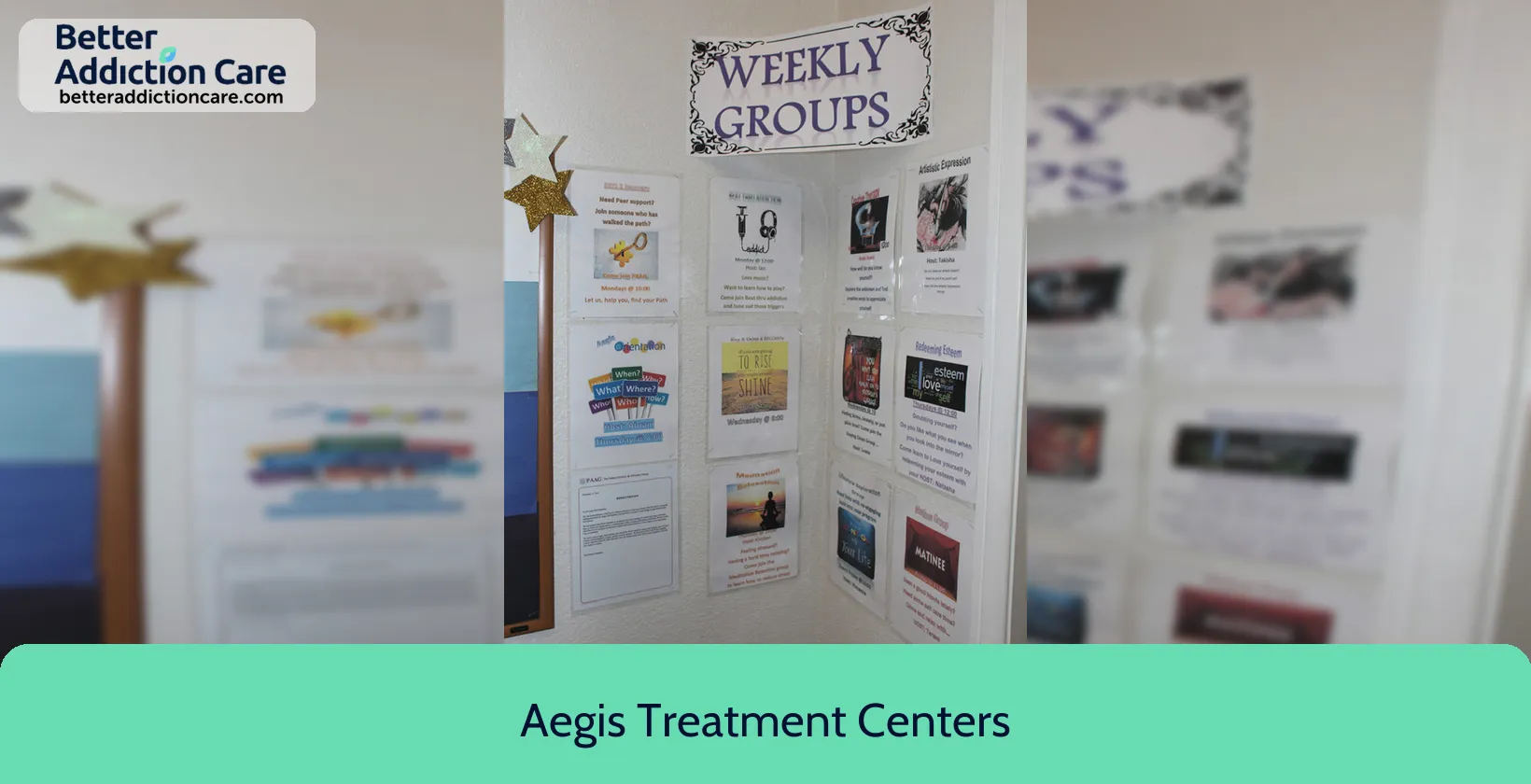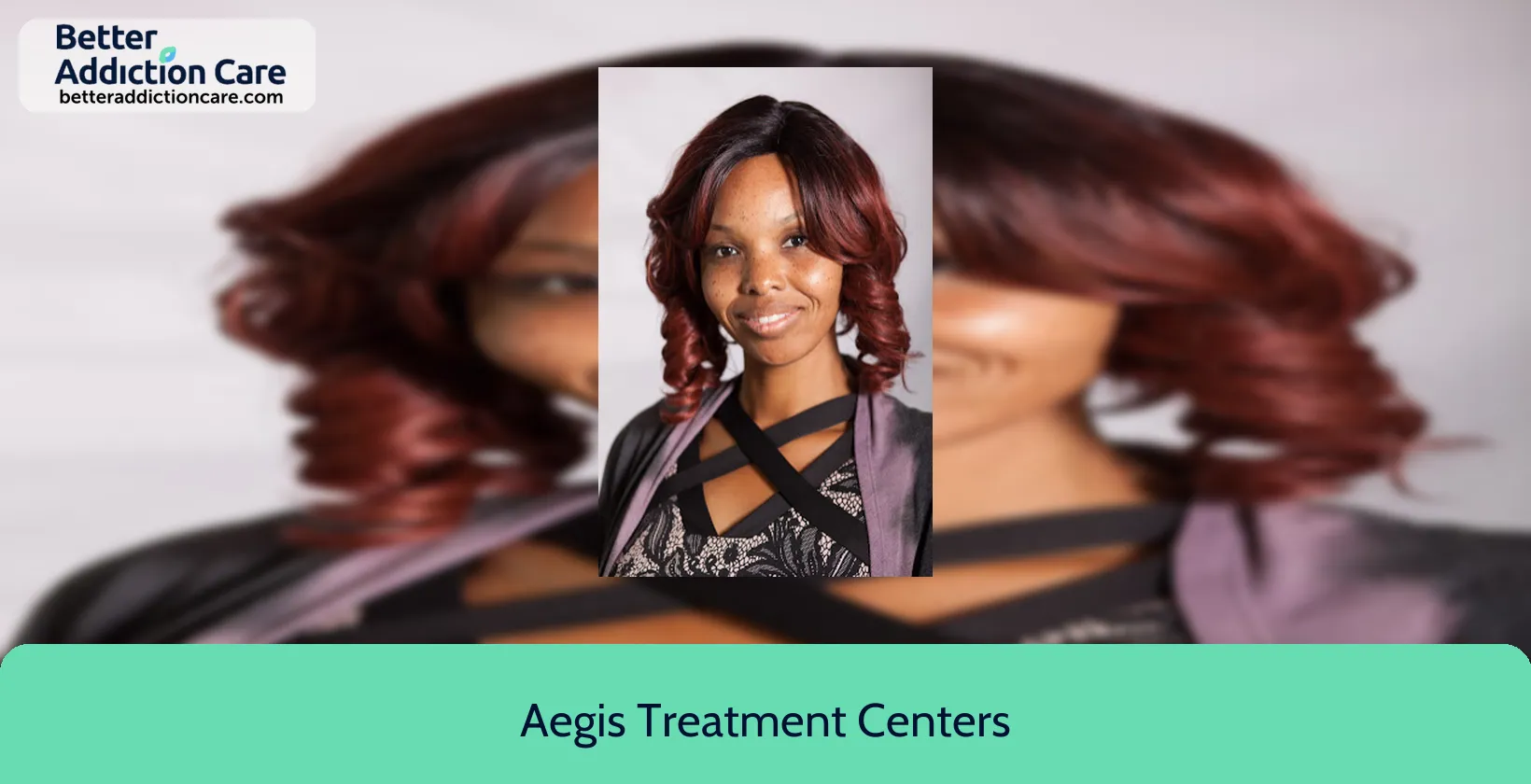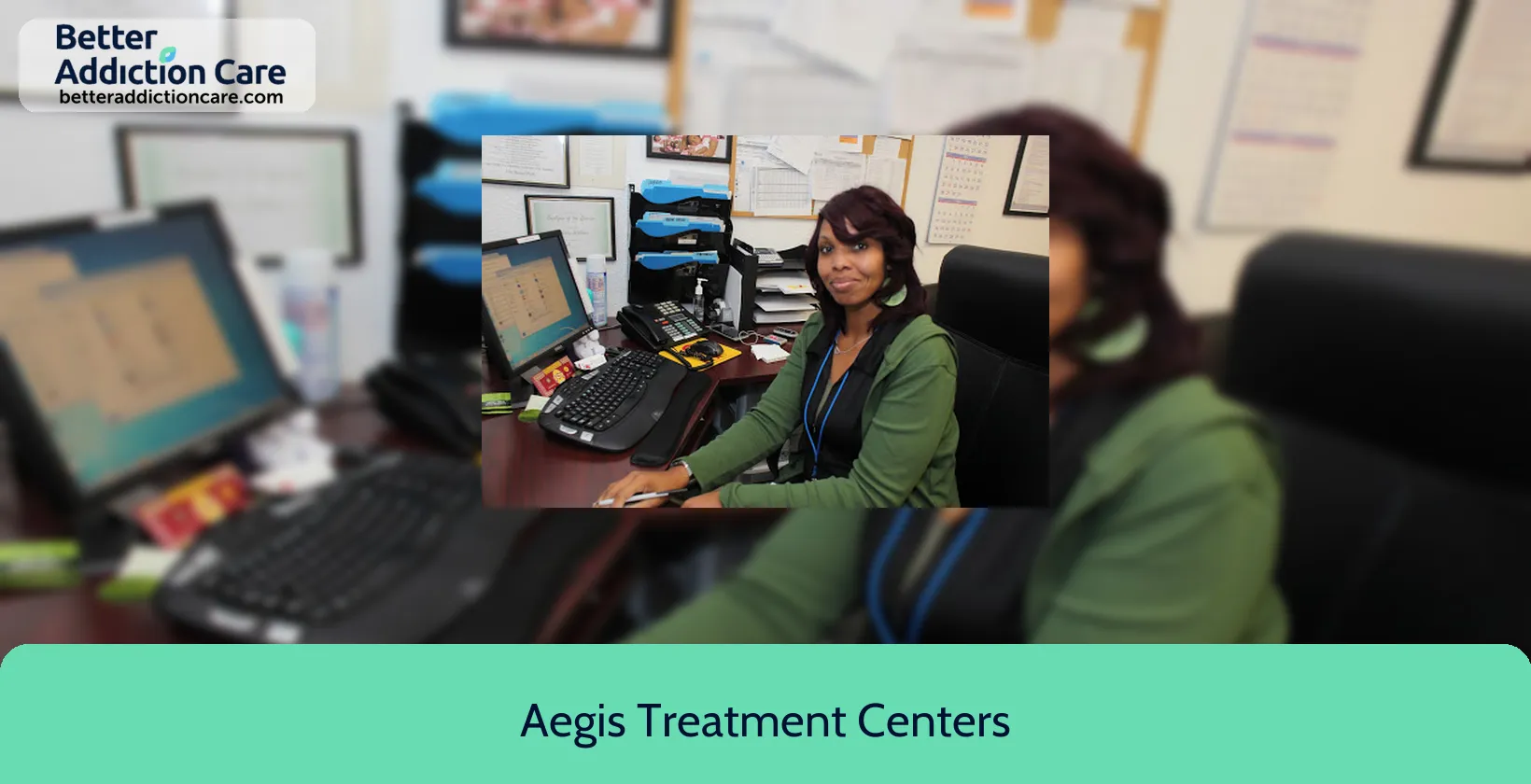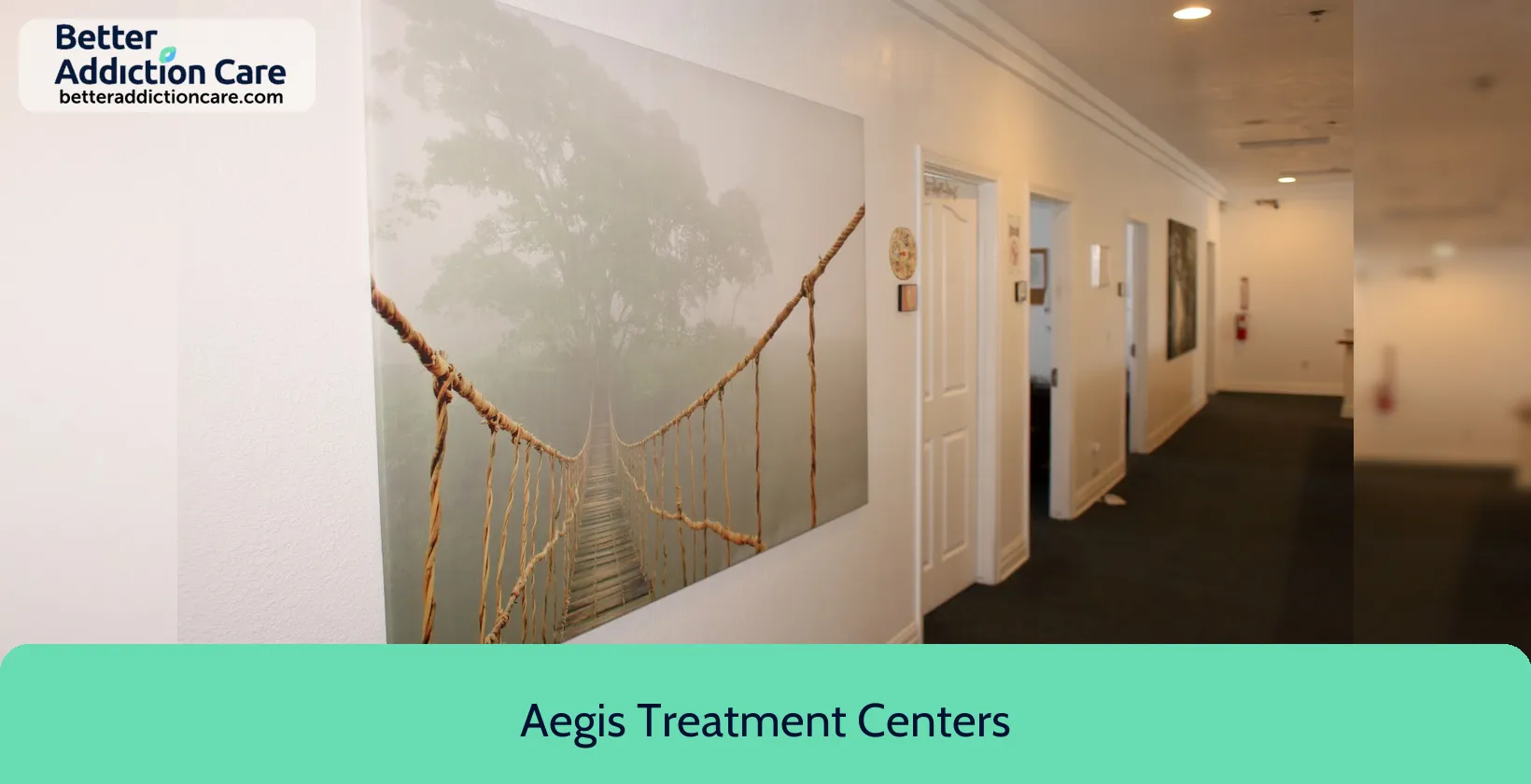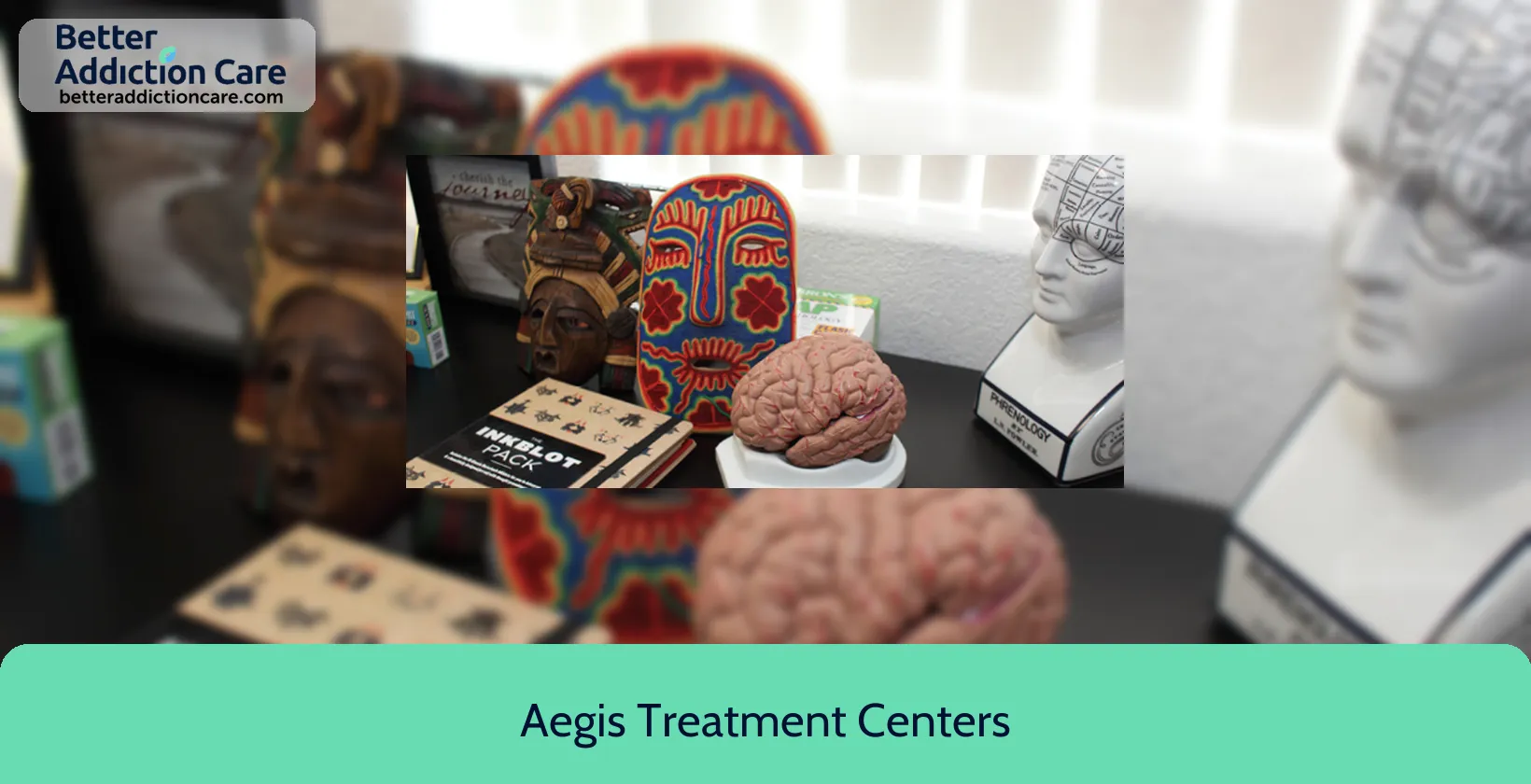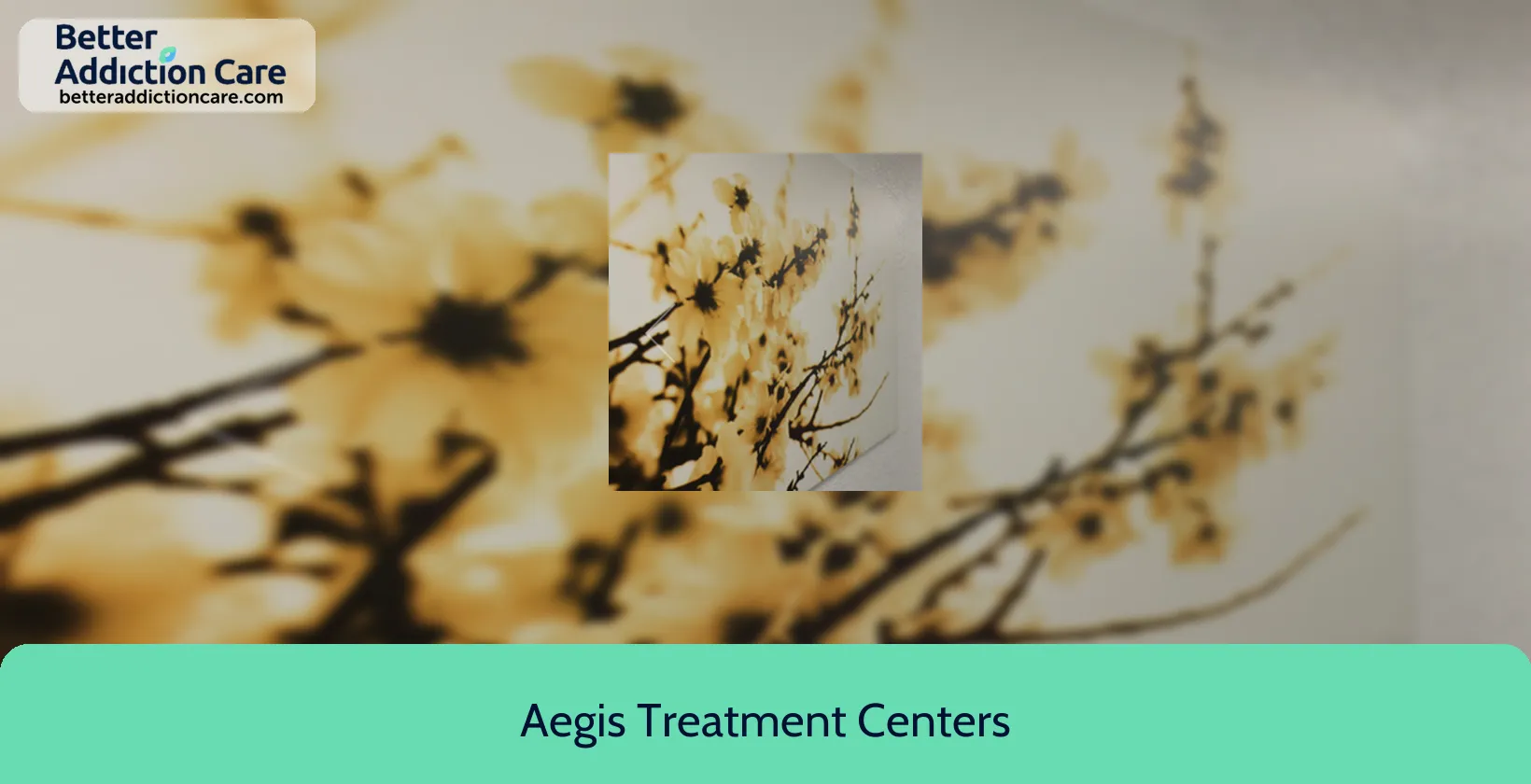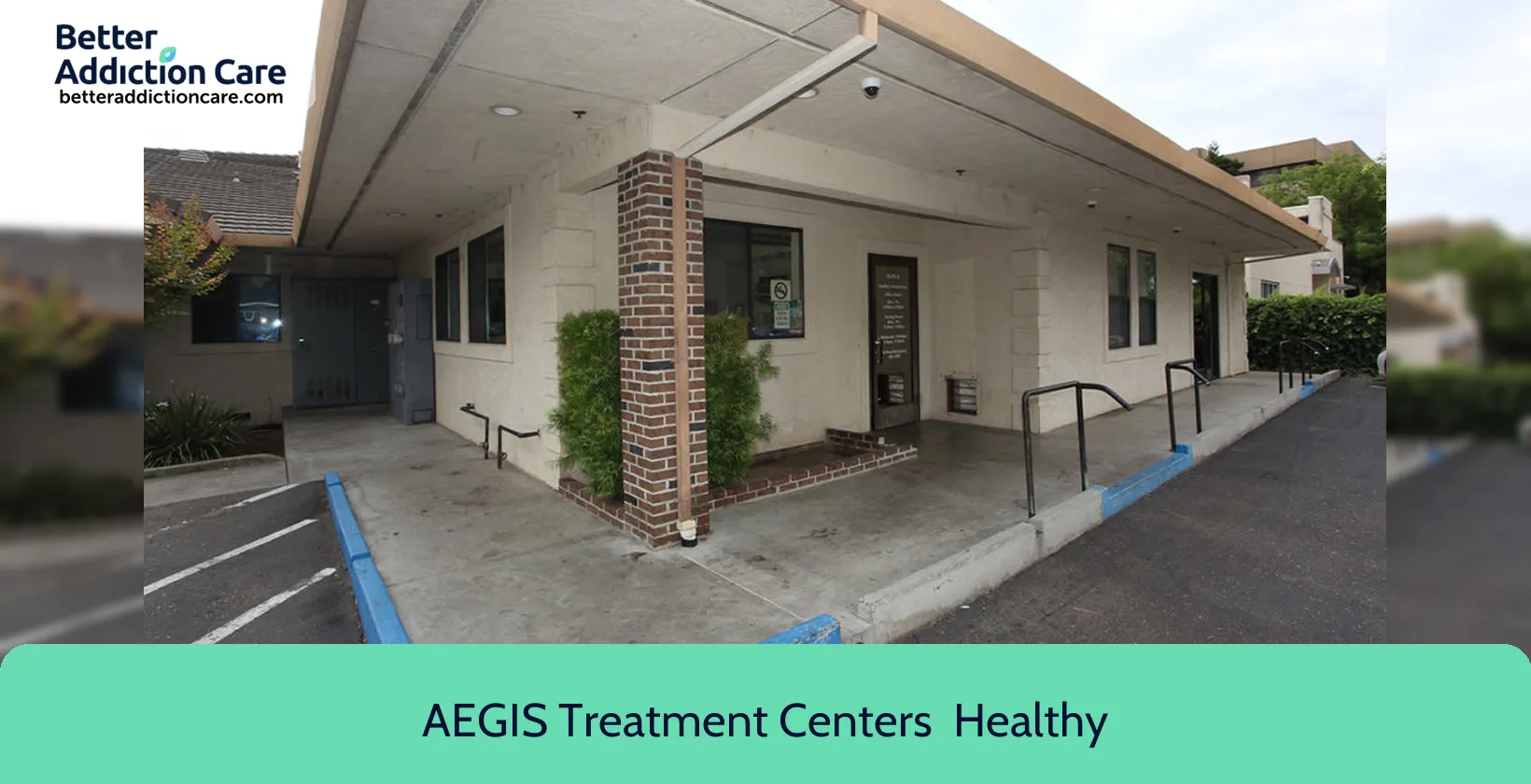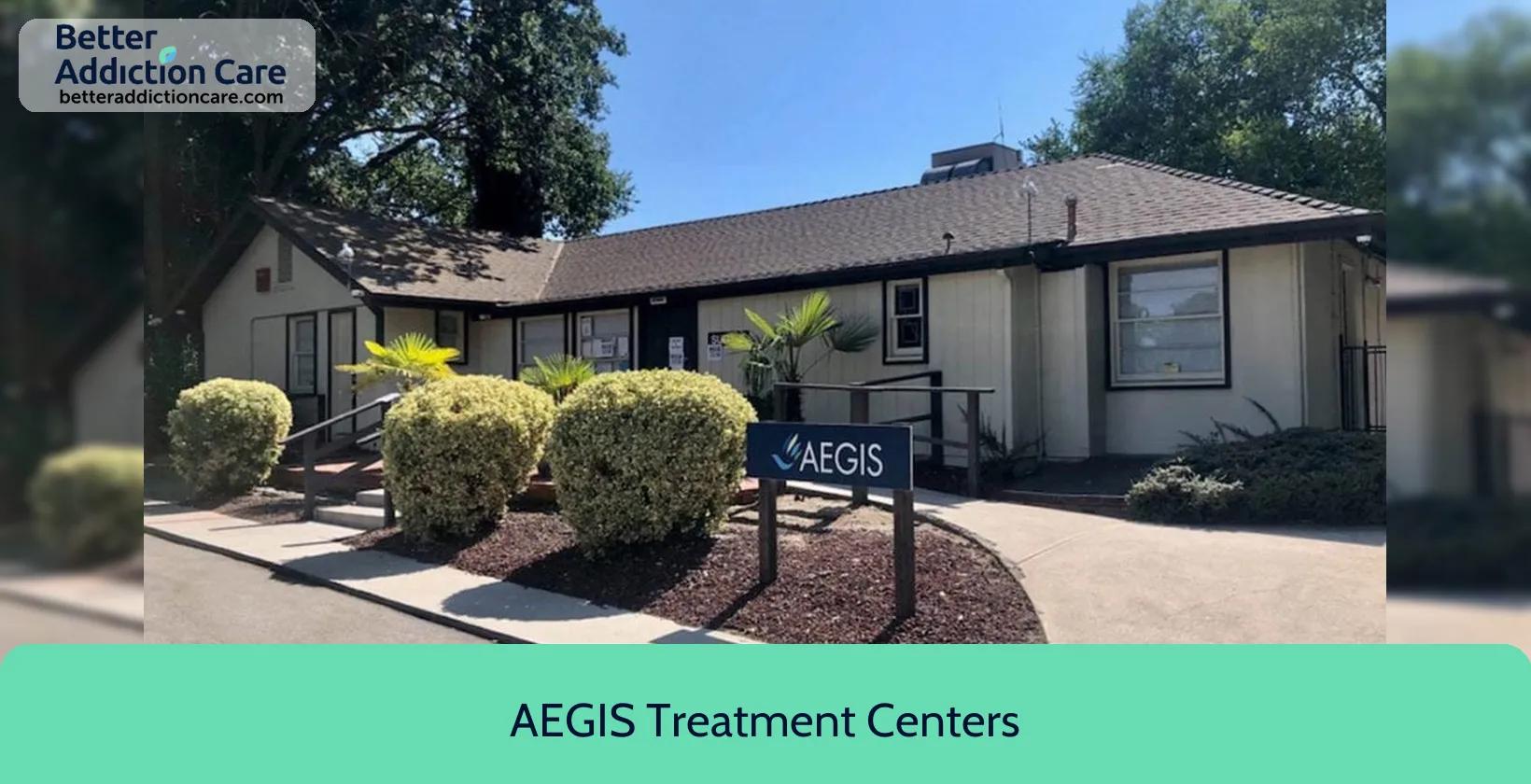Aegis Treatment Centers
Overview
Aegis Treatment Centers is an accredited substance abuse treatment center that provides outpatient treatment for men and women between 18 and 65+ years of age. As part of their special programs, Aegis Treatment Centers treats clients who have experienced trauma. To help patients achieve sobriety, Aegis Treatment Centers provides intake assessments. Afterward, patients receive cognitive behavioral therapy, trauma-related counseling, and 12-step facilitation during treatment. Aegis Treatment Centers is located in Hesperia, California, providing treatment for people in San Bernardino County, accepting cash or self-payment and private health insurance.
Aegis Treatment Centers at a Glance
Payment Options
- Cash or self-payment
- Private health insurance
Assessments
- Comprehensive substance use assessment
Age Groups
- Adults
- Seniors
- Young adults
Operation
- Private for-profit organization
Accreditations
SAMHSA certification for opioid treatment program (OTP):
SAMHSA's Opioid Treatment Programs (OTPs) accreditation is a rigorous recognition process that signifies an OTP's commitment to providing high-quality care for individuals dealing with opioid use disorders. It assures patients, families, and the community that the program adheres to evidence-based practices, employs qualified staff, and maintains a safe treatment environment. This accreditation is a symbol of quality and accountability, offering confidence in the program's ability to support individuals on their path to recovery from opioid addiction.
Treatment At Aegis Treatment Centers
Treatment Conditions
- Alcoholism
- Substance use treatment
Care Levels
- Aftercare
- Outpatient
Treatment Modalities
- Cognitive Behavioral Therapy
- Trauma-related counseling
- 12-step facilitation
- Motivational Interviewing
- Individual psychotherapy
Ancillary Services
Special Programs
- Clients who have experienced trauma

Additional Locations
Contact Information
Read our Most Recent Article About Drug Addiction
DISCLAIMER: The facility name, logo and brand are the property and registered trademarks of Aegis Treatment Centers, and are being used for identification and informational purposes only. Use of these names, logos and brands shall not imply endorsement. BetterAddictionCare.com is not affiliated with or sponsored by Aegis Treatment Centers.
Your Addiction Doesn't Have To Define Who You Are.
You deserve high-quality treatment and a fulfilling life in recovery.
By calling us, you agree to our Terms & Conditions

